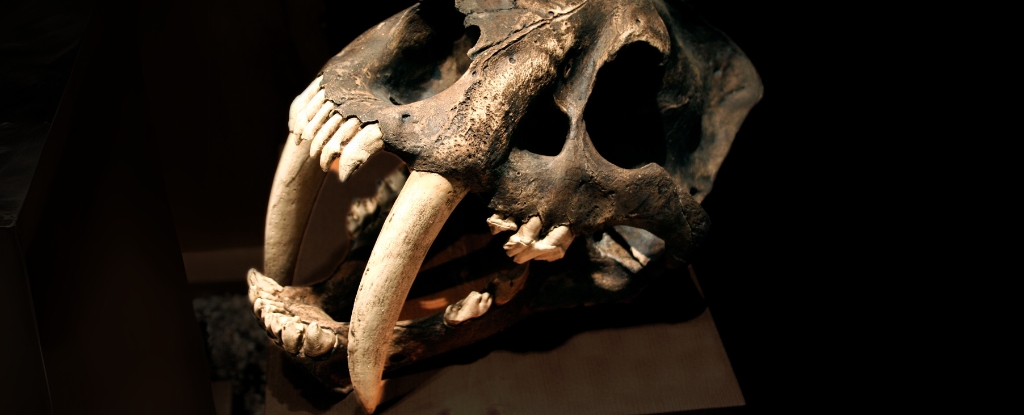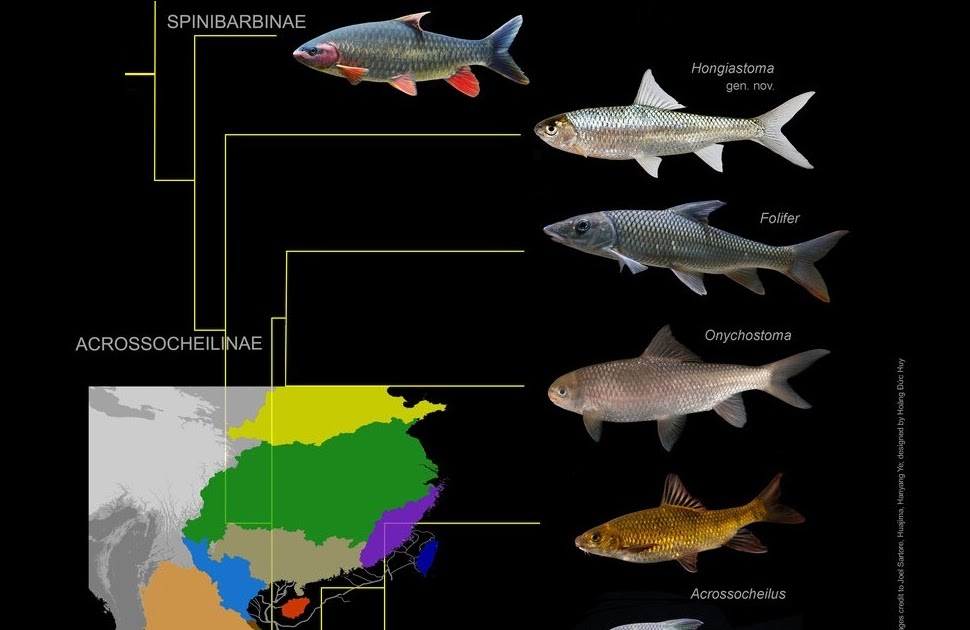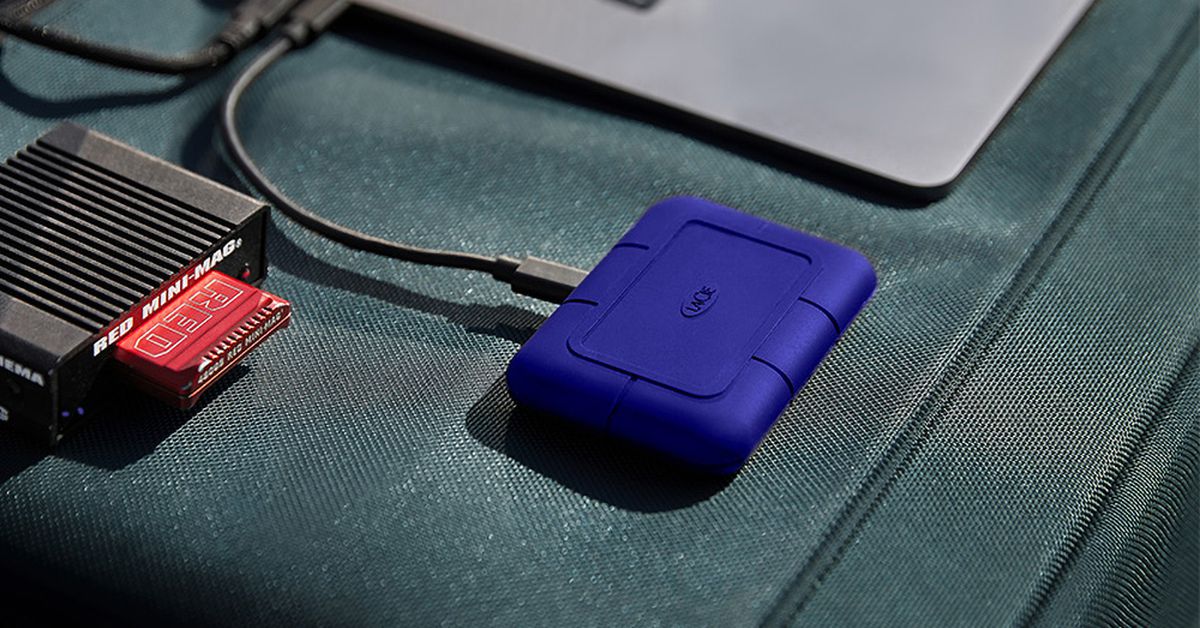
Dr. Beata Halassy, a 49-year-old virologist at the University of Zagreb, faced a daunting diagnosis in 2020. After discovering she had stage 3 breast cancer for the second time, despite having undergone a mastectomy, she made a daring choice. Unwilling to endure another round of grueling chemotherapy, Dr. Halassy decided to leverage her expertise in virology to treat her own cancer.
Her unconventional approach involved using oncolytic virotherapy, a cutting-edge field of cancer treatment that harnesses the power of viruses to attack cancer cells and stimulate the immune system. While most clinical trials focus on advanced metastatic cancer, Dr. Halassy’s case represents a pioneering application of this technique for earlier-stage breast cancer.
The virologist’s decision to pursue self-treatment was bolstered by her confidence in her professional knowledge. She carefully selected two viruses for her treatment :
- A measles virus
- A flu-like virus known as VSV (vesicular stomatitis virus)
Both viruses had demonstrated the ability to infect the specific type of cell responsible for her tumor. This innovative approach showcases the potential of personalized medicine in cancer treatment, similar to how revolutionary blood tests can detect cancers before symptoms appear, paving the way for more targeted and effective therapies.
The self-treatment process and its remarkable results
Over a two-month period, Dr. Halassy underwent a carefully monitored treatment regimen. A colleague administered the viral cocktail directly into her tumor, while her oncologists closely observed the process, ready to intervene with conventional chemotherapy if necessary. The results were nothing short of astonishing :
| Treatment Effects | Observations |
|---|---|
| Tumor Size | Significantly reduced |
| Tumor Consistency | Became softer |
| Tumor Attachment | Detached from pectoral muscle |
| Side Effects | No serious adverse reactions |
Following the tumor’s removal, analysis revealed it was completely infiltrated by immune cells – specifically lymphocytes. This finding suggested that the virotherapy had successfully stimulated Dr. Halassy’s immune system to attack both the viruses and the tumor cells. To prevent recurrence, she subsequently underwent treatment with an anticancer medication.
The success of this self-administered virotherapy draws parallels to other innovative medical breakthroughs, such as the development of treatments that eliminate the long-term need for insulin in Type 2 Diabetes patients. Both cases demonstrate the potential for novel approaches to transform patient care in chronic diseases.
Ethical considerations and scientific debate
Dr. Halassy’s remarkable journey from patient to self-experimenter has ignited a heated debate within the scientific community. Her attempts to publish her results were met with resistance, receiving over a dozen rejections from specialized journals. This reluctance to publish her findings stems not from the act of self-experimentation itself, but from concerns about the potential consequences of sharing such information.
Jacob Sherkow, a researcher in law and medicine, explains the ethical dilemma faced by the scientific community :
- Fear of encouraging others to reject conventional treatments
- Concerns about individuals attempting similar, potentially dangerous experiments
- The need to balance scientific progress with patient safety
However, Dr. Stephen Russell, a specialist in virotherapy, offers a different perspective. He argues that the true innovation in Dr. Halassy’s case lies not in the use of virotherapy for early-stage cancer, which is already being explored, but in her utilization of viruses cultivated in her own laboratory. This aspect of her experiment pushes the boundaries of personalized medicine and self-directed treatment.
Dr. Halassy’s bold approach places her in a long line of scientists who have engaged in self-experimentation, a practice that, while ethically risky, has historically led to significant medical breakthroughs. Now cancer-free for four years, she stands by her decision to pursue self-medication and her persistent efforts to publish her findings. While her case remains isolated, the compelling results encourage further exploration of oncolytic virotherapy as a potential treatment modality for various stages of cancer.









Leave a Comment